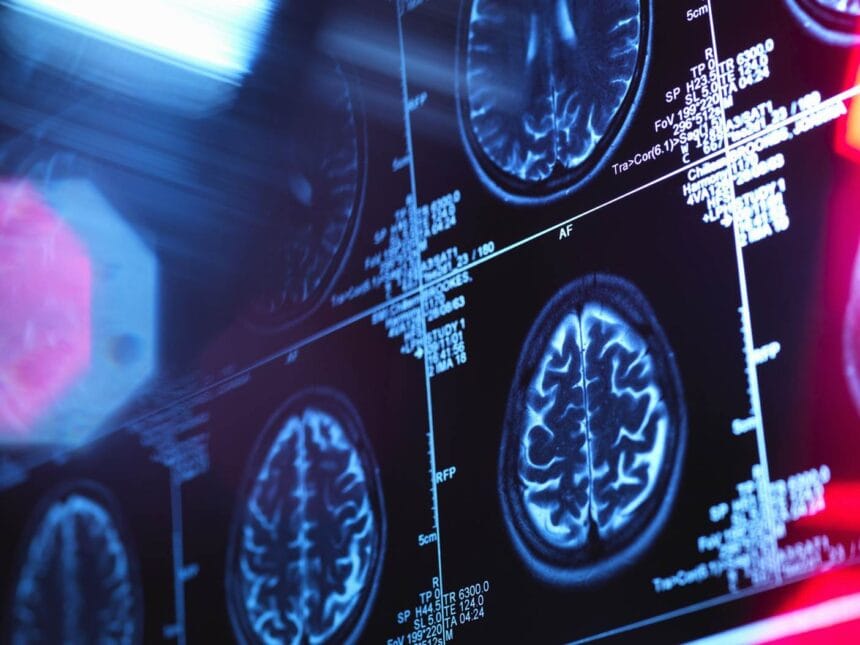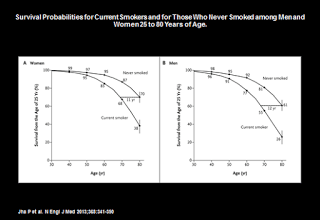A traumatic brain injury can change a person’s life in unexpected ways. Recovery looks different for every individual, and progress often comes in stages rather than sudden breakthroughs. While healing can be slow, many people regain skills, build new routines, and move forward with the right support. Understanding the challenges and opportunities that come after a brain injury can help patients, families, and caregivers prepare for the journey ahead.
Physical and Cognitive Changes
Many people experience physical effects long after the initial injury. These may include headaches, dizziness, balance issues, fatigue, or sensitivity to light and sound. Some individuals regain strength and coordination through physical therapy, while others continue to manage symptoms for years. Patience and consistency play a major role in rebuilding physical abilities.
Cognitive changes are also common. Memory issues, difficulty concentrating, slower processing speeds, or trouble with executive functions can affect daily activities. Speech or language challenges may appear as well. Occupational therapists, speech therapists, and neuropsychologists often work together to help patients create strategies that support independence and improve overall function.
Emotional and Behavioral Adjustments
A traumatic brain injury can influence mood, emotional regulation, and behavior. Irritability, depression, anxiety, and frustration are frequent responses to the injury itself and the changes that follow. Mental health professionals can help individuals and families recognize these symptoms early, build coping skills, and create a treatment plan that promotes emotional stability.
Family support is essential. Loved ones may struggle to understand the new patterns or limitations that appear after the injury. Open communication and involvement in therapy sessions can help families adjust and learn how to support recovery in healthy, realistic ways.
Rebuilding Daily Routines
Returning to daily life after a brain injury often requires careful planning. Some individuals may gradually resume work or school with accommodations, while others may need more long-term adjustments. Common strategies include using calendars, alarms, checklists, and organizational tools to support memory and focus.
Relearning social skills or managing overstimulation in crowded environments can also be part of the process. Support groups and community programs provide helpful spaces to practice new skills and build confidence.
Community Resources and Long-Term Support
Accessing community resources can make long-term recovery more manageable. Rehabilitation specialists, case managers, and local organizations help patients connect with transportation assistance, adaptive equipment, or vocational services. Some families explore community programs that accept items like vehicles for fundraising, which can include car donation efforts that support patient programs and rehabilitation services.
Life after a traumatic brain injury looks different for everyone, but progress is possible in many areas with persistence, structured care, and support. Recovery may involve building new routines, discovering new strengths, and redefining personal goals. While challenges can arise, many individuals find meaningful ways to regain independence and participate fully in life again. For more information, look over the accompanying infographic below.









